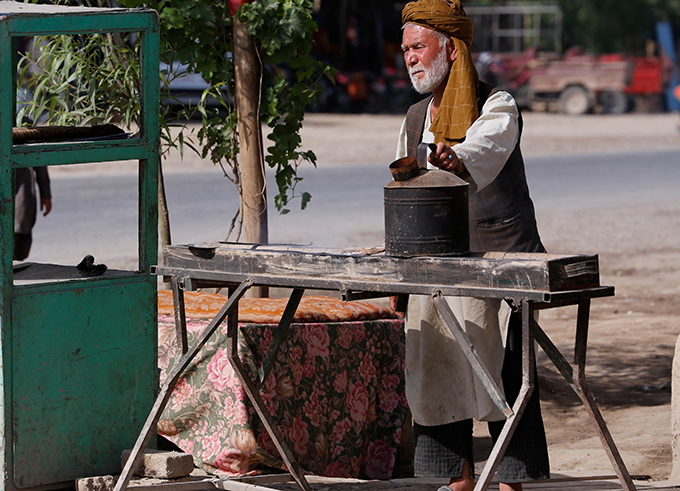Transition has affected Afghanistan’s economy and governance much more deeply than anticipated. In results, economic recovery is slow: High levels of conflict incidences and uncertainty over reform continue to affect investor confidence. Growth is expected to be sluggish at 1.9 percent in 2015, slightly up from 1.3 percent in 2014. Fiscal vulnerabilities will remain high and will require a large revenue effort, expenditure consolidated and sustained levels of aid from the international community.
This presentation, made by the World Bank at the Senior Officials Meeting on September 04 -05, 2015, highlights that challenges to development in the post-transition period remain substantial; ranging from stubbornly high poverty and persistent conflict and violence, to increasing labor market pressures and low human capital. The New Unity Government has initiated a number of bold reforms to address this challenges but it will take time for these reforms to translate into impact.
The presentation proposes a number of measures to support Afghanistan’s growth and development process during the recovery phase: (i.) closer dialogue on key-reforms with the private sector to restore confidence and investment, (ii.) devise social safety interventions to reduce vulnerability of the poor and enhance their productivity, (iii.) re-articulate the needs for security and development assistance, and (iv.) achieving results on reforms through forceful and pragmatic implementation.
View the Senior Officials Meeting Presentation (pdf): English, Dari, Pashto
Last Updated: Sep 09, 2015

